Tag: Myanamar
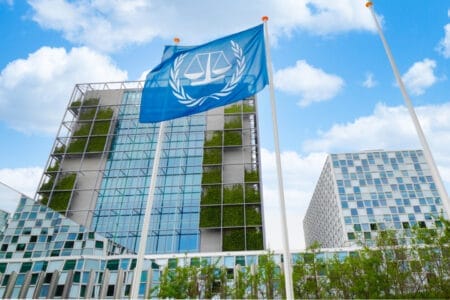
Understanding ICC Prosecutor’s Arrest Warrant Application for Myanmar Military Leader: Anti-Genocide Perspective
Without the willing executioners and cheerleaders, no state is capable of large-scale crimes against humanity of which genocide is one, from the Nazi genocide to Rwanda, to Indonesia’s CIA-facilitated genocide of ethnic Chinese and communists, to the ongoing Israel’s genocide in Gaza. Myanmar’s genocide of Rohingya is no exception.
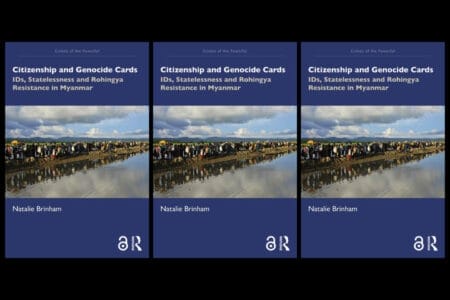
Citizenship and Genocide Cards: IDs, Statelessness and Rohingya Resistance in Myanmar
Natalie Brinham's book draws on Rohingya oral histories and narratives about Myanmar’s genocide and ID schemes to critique prevailing international approaches to legal identities and statelessness.
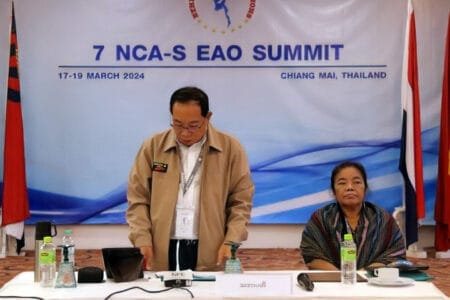
The Chiang Mai-Meeting of 7 Myanmar Ceasefire Groups: Why Now? What Outcomes?
The 7 Nationwide Ceasefire Agreement Signatory groups, practically on the fringe of Myanmar’s Civil War met in Chiang Mai (17-18 March) to actually preserve Self-interests while, in effect, throwing a shred of domestic legitimacy, if that, to the junta.
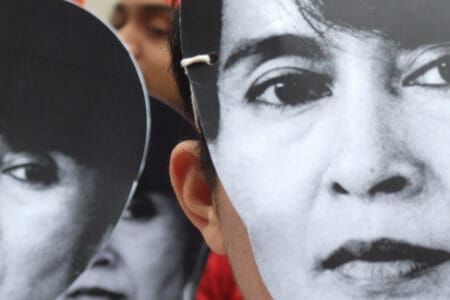
Why did the Genocidal Military Regime “Partially Pardon” Aung San Suu Kyi?
FORSEA cofounder M. Zarni dissects the regime's so-called "partial pardon" of #AungSanSuuKyi: confuse #Myanmar resistance, coopt tired NLD leaders, placate @ASEAN & arm-supplier-neighbours (#china #Thailand #India #Singapore) & crush principled resisters.

Western Myanmar as a Genocide Triangle: Myanmar’s Military-State, Separatist Rakhine Nationalists and Rohingya Genocide Victims
The increasingly vocal demand by the separatist Arakan Army (AA) for international recognition of it as a (quasi)-state actor with which the United Nations and foreign governments should do business with, needs to be checked against the dark record of the anti-Rohingya racism and criminal responsibility of its popular base, namely Rakhine nationalists, in the slow-burning genocide of Rohingyas since the late 1970's.
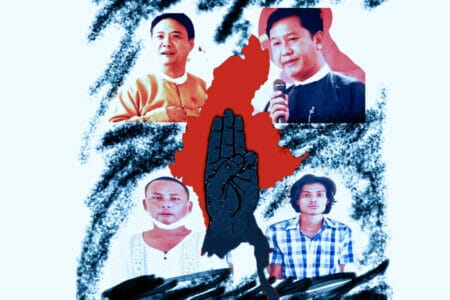
International Activists to Host an Online Event to Honour the Lives of the 4-Executed Myanmar Activists & Myanmar’s Spirit of Resistance
An international group of activists, scholars, musicians and singers have teamed up with Myanmar dissidents to host a 2-hour YouTube LIVE event on Saturday, 30 July, 2022.
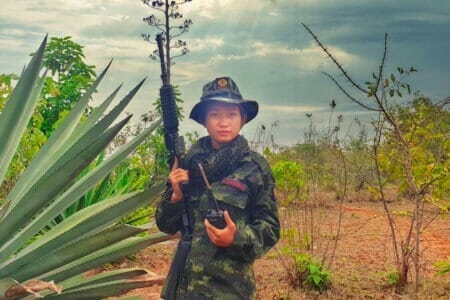
Myanmar Mothers’ Cries Do Not Bode Well for the Nation’s Future
The musician of resistance Mun Awng reminded the viewers, “the revolution must prevail, against all odds.” Tain Sway was seen nodding her head profusely when Mun Awng spelled out the pervasive sentiment – that “it is better to die fighting for the cause than living under the boot, again”.
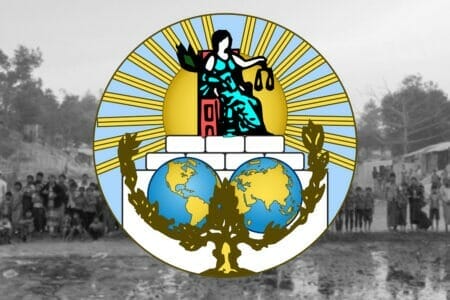
The Gambia v. Myanmar will decide whether the Genocide Convention is international law
Enforcement is one of the primary attributes that constitute law. If a law cannot be enforced, it can no longer be considered law. It is crucial that the ICJ's judgment in The Gambia v. Myanmar be used to correct the ICJ's erroneous requirement that genocide be the only intent of a State to prove its special intent to commit genocide.

The ICJ and the Issue of Lawful Representation in The Gambia v Myanmar
Ahead of the scheduled public hearings in The Gambia v Myanmar (the Rohingya genocide case) at the International Court of Justice (ICJ), the University of Ottawa Human Rights Research and Education Centre, Canada, the Genocide Watch of USA and FORSEA release a comprehensive legal analysis. It focuses on the crucial question of who should lawfully speak for Myanmar before the ICJ as Myanmar's coup resulted in an unprecedented situation with...

From Auschwitz to Myanmar
FORSEA Co-founder Dr Maung Zarni shared his thoughts on the recurring genocides around the world, despite the Genocide Convention of 1948 and the Security Council, tasked to maintain peace in the world, 26 November 2021.

